The topic of consent has shown up over and over for me recently: in Isabel Abbott and Bronwyn Petry’s course The Body Contains Multitudes; observing All Souls Day; in my work with my own therapist; in my ancestral work unraveling what the women and men who lived before me passed down to me and what is me and mine; in my constant work of dislodging and dismantling my own patriarchal training and doing all I can to not pass this training on to my own daughter (and failing, and doing better than my own mother did… sometimes progress is terribly incremental).
Consent. The complexity of it. How there is so much in our lives that we don’t consent to. How so much lives in our own bodies that we never consented to–not only what we didn’t consent to in regard to our own lived experience, but also what our ancestors passed down to us, what lives in our cellular memory and our very DNA.
And while there is so much that lives within our bodies that we did not consent to, it is still ours to manage or heal or dislodge or unravel. We have a responsibility to it, to ourselves, to understand all these parts and where they live and what messages they may have for us that are helpful and what messages they give us that are harmful.
We have a responsibility to untangle the web of stories and training and wounding and strengths that we did not ask for and are within us all the same.
Our bodies store it all. The pain and pleasures of our own lived experiences. The memories that our mind doesn’t want us to remember. The longing for freedom and truth and justice and love that our spirit cries for. The trauma and oppression of our ancestors. Thousands of years of gaslighting from our culture.
All of it. Our bodies hold it all.
Sometimes it’s hard to get past all this. Sometimes the experiences and memories and longing are too much and we need to move out of our body, out of our being, out of our Self in order to escape the chaos and dissonance and get through our days.
That’s okay. We each need to do what we need to do to get by.
And.
Sometimes, we do need to connect to it all. To hear the stories. To know the truths. To sense the injustices of our own lived experiences and those of the people who came before us. To believe that we aren’t just making it all up, it isn’t all in our heads, it is, in fact and truth, very, very real.
This connection doesn’t have to look or feel or be big. It doesn’t need to happen all at once. We don’t need to dive in so deep that the weight of it all crushes us.
We can move into this work of connecting to our bodies, slowly, quietly, peacefully. We can get curious and quiet and give space for our bodies to tell us what they need to. We can listen.
This is the work of re-membering our body.
Of putting all our fragmented pieces back together.
Of coming home into our Self.
Of becoming our own Unleashed Woman.
This is the work of reclaiming our bodies. Or, perhaps really, claiming them for the first time. Taking ownership of them.
This is the work of being able to say wholly, fully, confidently: No or Yes or Maybe or No then Yes then No again.
This is the work of acknowledging all the ways we never gave consent. We never gave permission. We never consciously or in any informed way agreed to the disconnection, the dismembering, the disowning of our own Self – of our physical and corporeal and flesh and blood body.
And neither did our ancestors.
Lack of consent is part of how our patriarchal culture works. Those in power don’t need to ask, and those without power don’t get to say no.
This is as true today as it was 100, 1000, 2000 years ago.
We, you and I, never gave consent for trauma to live in our bodies the way it does. We never consented to the disease or disorders. We never consented to our DNA being altered by the trauma and oppression our ancestors experienced.
We did not consent to the anxiety. The depression.
We did not and do not consent to the constant messages of how we are not enough, how we are too much.
We did not consent to the shame that is instilled in our psyches and being from birth. From before birth.
We did not consent to having our boundaries disregarded, ignored, torn away from us, over and over and over again.
We did not consent to being told that we have no value, no worth.
We did not consent to the disconnection from our Self or our sisters or our community.
We did not consent to the gaslighting or torture or murder both we and our ancestors have experienced.
We did not consent to having all this patriarchal training living within us, burrowing so deeply into our blood and bones and being.
We did not consent to unconsciously and unintentionally passing on this training.
We did not consent to being complicit in this culture that hates women.
We did not consent because we were not informed.
We were not told we had a choice.
We were not told there was, there is, a choice.
We were told, taught, indoctrinated with the idea, that we have to follow the rules. That we must play small. That we should strive to achieve that never ending To Do list.
We were told, taught, indoctrinated with the idea, that to rest is to be lazy, weak, proves our worthlessness.
We were told, taught, indoctrinated with the idea, that we deserve all the pain we endure. Because Eve. Because Pandora. Because all the “evils” of the world are our fault.
Psst… I wanna tell you something…
THEY FUCKING LIED.
xoxo
We do have a choice.
We have the choice to say No more.
We have the choice to say, No, that isn’t correct.
We have the choice to use our voices. To access our power. To demonstrate our strength.
We have the choice to stop following the rules, to stop passing on the rules, to stop being complicit in a culture that wants us gone.
We have the choice to do and be different. For ourselves. For our daughters and nieces. For our sisters. For our mothers. For all our grandmothers, long forgotten in our conscious memory yet still living within our cells and being.
And not only do we have a choice, we have a responsibility.
Now that we are aware of this training, now that we are unraveling all the ways we have been lied to, tied down, leashed, we have a responsibility to continue in this unraveling, in finding our truth, in taking off this leash that has choked and silenced us for generations.
We have a responsibility to do and be different. For our Self. For our daughters and sons and nieces and nephews. For our mothers and fathers. For all our grandmothers and grandfathers, long forgotten in our conscious memory yet still living within our blood and bones and being.
We have a responsibility to break the rules. To defy this sick normal. To tear it all down, burn it to the ground, and build new.
New. Different. Creating a time and place where all of us are free and equal. Where we no longer feel shame. Where we embrace our sisters. Where we find deep connection with our Whole Self, with our community, with our world.
This responsibility can feel heavy. It can sometimes feel like a burden. We may sometimes want to put it down and wish we were not aware of the oppression, the hatred, the inequality.
That’s okay.
Even Jesus had moments of doubt.
And.
We can do this. Together. In community. With each other.
Together. Always.
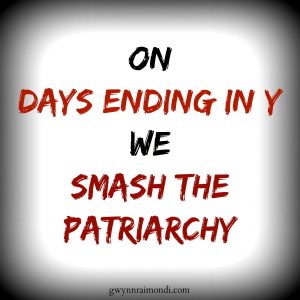 Now, let’s go smash this shit to bits.
Now, let’s go smash this shit to bits.
xoxo
The text of this essay originally appeared my weekly love letter on November 5, 2016 and has been slightly edited and modified to appear here. If you enjoyed reading this, and would like to read more like it, you can sign up to receive my love letter right over here.
Isabel Abbott and I have locked arms and joined minds and are offering a six month circle unearthing, exploring, dislodging and embracing our consent and boundaries. If you’d like to learn more and possibly register, click right here.
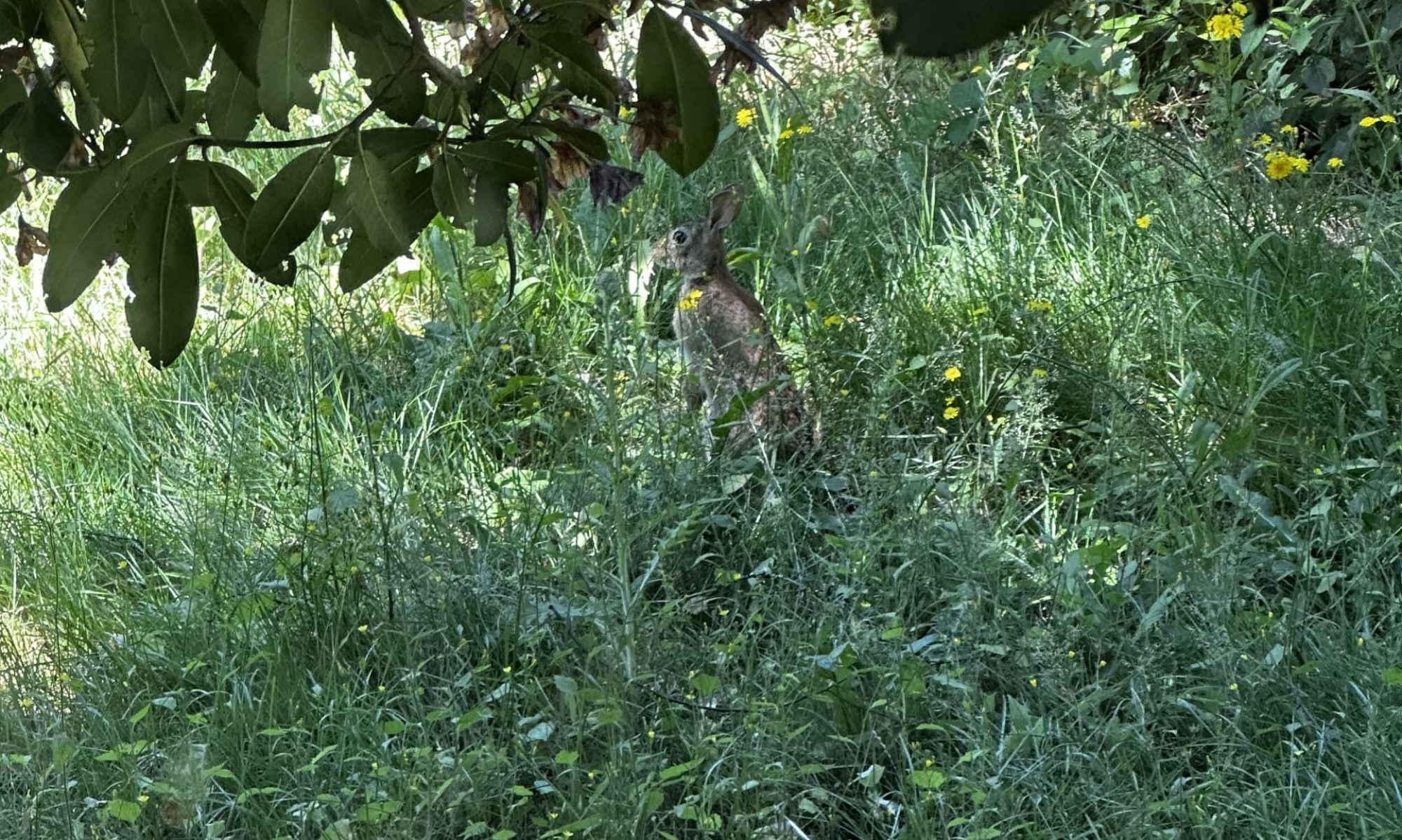
 Now, let’s go smash this shit to bits.
Now, let’s go smash this shit to bits.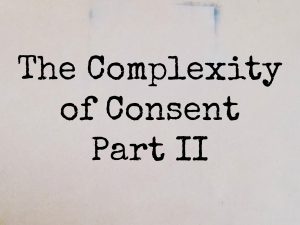 Last week I wrote about how sometimes consent is a tricky thing
Last week I wrote about how sometimes consent is a tricky thing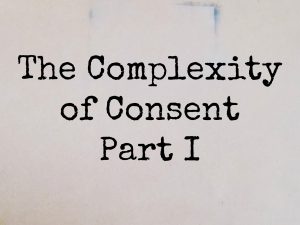 Five years ago, while still in graduate school, I had a day surgery give me a bigger understanding of trauma and the impacts it has on our body. That semester I fought to be in the Crisis & Trauma class, it was the last time it would be offered by one of my favorite professors and there was a screaming within me that I needed that particular class at that particular time in my life. I had to fight with my academic advisor and demand over and over to be let into the class. I didn’t understand the warrior within me who was battling so hard for this class, there was no logic at that time which said to take it now and that I couldn’t take it later. And yet I knew, my body knew, that taking the class later was not what I needed. I needed to take it now. I eventually convinced my advisor and he got me into the class.
Five years ago, while still in graduate school, I had a day surgery give me a bigger understanding of trauma and the impacts it has on our body. That semester I fought to be in the Crisis & Trauma class, it was the last time it would be offered by one of my favorite professors and there was a screaming within me that I needed that particular class at that particular time in my life. I had to fight with my academic advisor and demand over and over to be let into the class. I didn’t understand the warrior within me who was battling so hard for this class, there was no logic at that time which said to take it now and that I couldn’t take it later. And yet I knew, my body knew, that taking the class later was not what I needed. I needed to take it now. I eventually convinced my advisor and he got me into the class.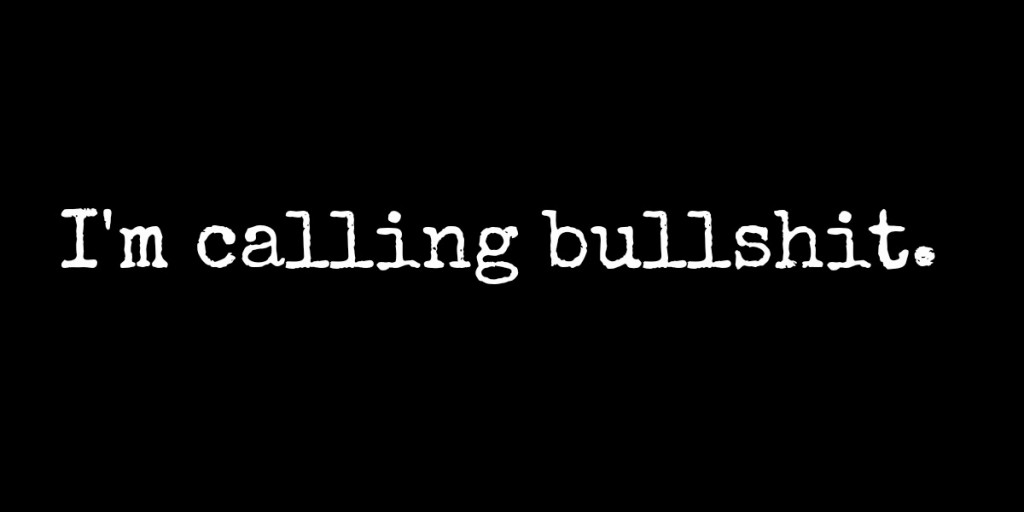 The idea of choice is often thrown at victims as an explanation for why they found themselves in a traumatic situation. Well, you chose to go to that party and wear that dress. Well you chose to live in a hurricane/tornado/earthquake zone. Well, you chose to take that job or go to that school or marry that person or have those children.
The idea of choice is often thrown at victims as an explanation for why they found themselves in a traumatic situation. Well, you chose to go to that party and wear that dress. Well you chose to live in a hurricane/tornado/earthquake zone. Well, you chose to take that job or go to that school or marry that person or have those children.